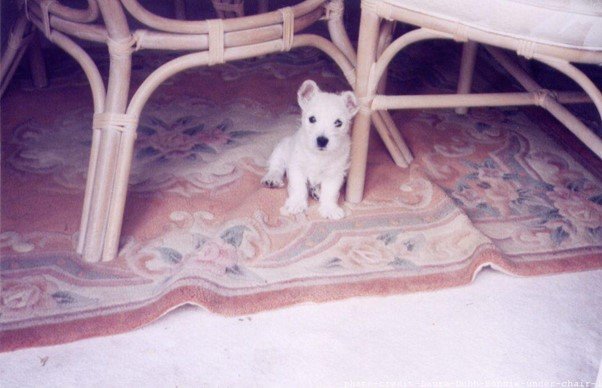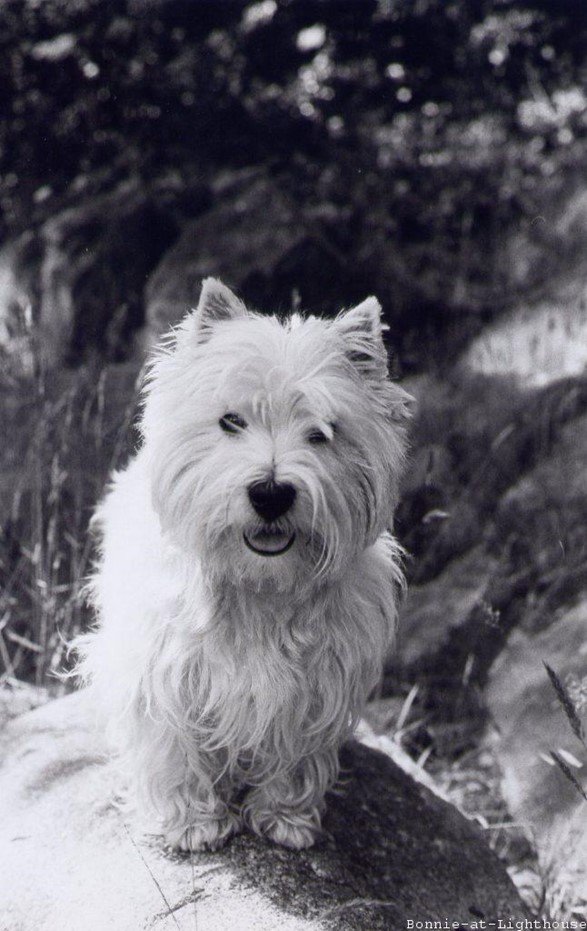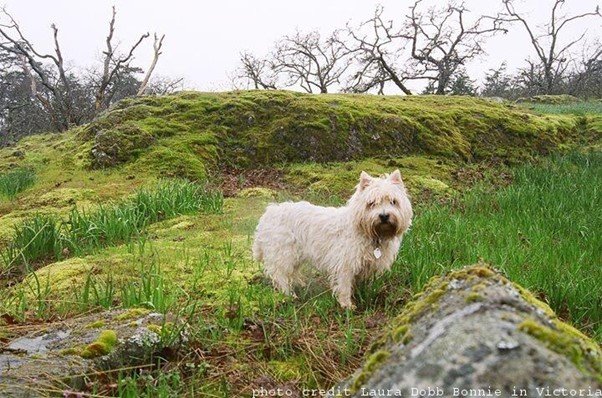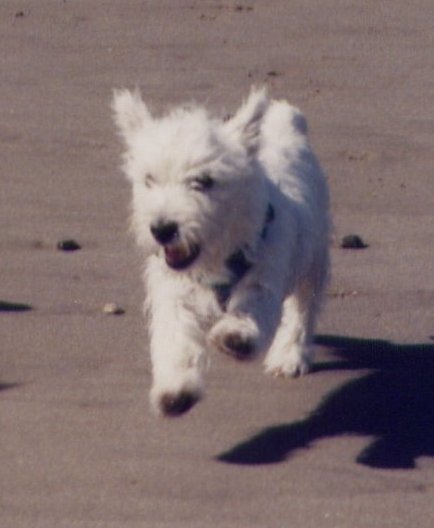‘Unschooling’ for dogs and their humans
I have been thinking about how similar caring for a dog is to how we brought up our son, Henry.
There was a book on our shelves called the ‘The 7 o’clock bedtime’ when Henry was little. It was always our benchmark. We knew that if Henry went to bed at 7pm, we would get an evening for ourselves, he would get enough sleep (we all would!) and the next day would get on the right footing.
In this respect, dogs are remarkably similar. Dogs and children need their basic needs met – enough sleep, quality food, water, the freedom to toilet and social contact. We even had to protect our son’s ‘freedom to toilet’ during Secondary School in the U.K. This had been limited during class time and caused much stress amongst young women with their periods and boys and girls who couldn’t wait. This is how many dogs feel every day as they wait for us to brush our teeth, check our phone, and take that last sip of coffee.
photo credit Alix Pilet
I have to say that Henry never had a ‘temper tantrum.’ His basic needs, and more, were almost always met. I nursed him until he was over three (only at night at the end) and he had plenty of hugs and physical touch from my husband and I. Henry recently told me that ‘humans need 12 hugs a day’(1) and promptly asked for one. Dogs don’t need or like hugs, but research has shown that they do prosper being near us and from human touch. (2)
Recently, my colleague, Pennie Clayton, posted an article on Facebook about children and parenting that discussed children ‘seeking to connect instead of seeking attention.’ I don’t have the original article to refer to but found plenty online that talks about how ‘Planned ignoring can make an emotionally unmet child even more desperate.’(3) The article goes on to suggest that parents purposefully plan time to spend time with their children, focus their attention on other positive behaviour, be ‘spontaneously’ attentive to [your] child and to not ignore your child as has been the trend in the past. You could replace ‘child’ with ‘dog’ in every sentence above. In fact, the remedy for dogs is the mission statement of the Slow Dog Movement.
We are not perfect parents by any means. But we are honest with Henry, listen to and respond to his needs, and show him that we are ‘striving’ to be the best we can be. Now that he is almost eighteen, we don’t have to worry too much about many basic needs but sleep and eating right and drinking enough water – hey, wait a minute, yes, we still watch over many of his basic needs, just less intently.
When caring for a dog, there is plenty of opportunity to understand our dogs as individuals and care for them in a similar way to our children. The exception being, once they are past puppyhood, they must be considered as wise sentient beings with their own knowledge about the world. A world that we may never enter because of our species differences. Anne Lill Kvam recently gave a talk on ‘Mental Activities for Dogs’ for the Nordic Dog Trainers, and she reported that dogs have ‘150 square cm of membrane in their nose’ versus ‘2-3 square cm for humans.’ That is just our olfactory differences. Our senses differ in many ways, but we also share a lot of physiology with dogs – we both get emotional over specific scents and sounds, according to Anne Lill.
photo credit Laura Dobb
Respect is needed when caring for both children and dogs but there is one thing that we will not be able to match as Anne Lill says ‘Dogs live in another universe really…They are able to see, hear, smell, feel, things beyond the reach of our senses.’(4) People know this deep inside but they are often out of touch with how ignoring a dog’s sensory world impacts their day to day life. Instead of welcoming a dog into your life and being excited about how they will make your life richer, try turning it around!
Many others have written about this before me so I will keep this part short. A dog is wanted. Breeds and/or shelters are researched. Or both. Dog beds, toys, classes are sought out. Mainstream books are bought and read, or the internet is scoured for every activity and bit of training advice that can be consumed. This happens with expecting human parents as well! All of this happens without many prospective dog parents knowing very much about dog physiology or dog basic needs, never mind correct equipment or appropriate exercise. And this new dog is an individual! This dog is unique. He or she is his or her own ‘person,’ so to speak. With his or her own life experiences, likes and dislikes and health profile. Even a puppy will have history, whether positive or negative.
So, think of this unique dog or puppy, entering a human’s life and what the average human brings to this new relationship and then add society’s expectations and norms around how dogs and humans should interact and how we should train dogs, exercise dogs and so on. The same goes for human children. They are born and ‘bang’ the template for child rearing is fitted.
With our son Henry, we resisted much of what society said we should do. Henry was outside for most of his early life. We had no TV and still don’t! We avoided mainstream medicine (allopathic) for his ailments, preferring homeopathy for tooth ache and fevers. Henry didn’t go to a regular school until he was 7. Before that, we fostered Henry’s love of learning at home. He taught himself to read when he was four. All his learning arose spontaneously around his interests and from his individuality.
As with human carers, with most dog parents, the urge to start training starts very early. Caregivers believe that early training for their puppy or rescue dog is the responsible thing to do. Society and fervent dog trainers online encourage this belief. Puppies and rescue dogs are brought to dog training classes and/or 1:1 lessons are arranged.
When we adopted our six-month-old Westie, Bonnie, from my Mum, I too felt it was the right thing to do and promptly enrolled in an obedience group class with her. I last about ½ hour before I walked from that boring, slippery floored school gym into the brilliant sunshine of that Saturday. That was 1996. I have never been back to a classic dog training class. With the exception of a couple of dominance classes disguised as scent tracking, Bonnie and I didn’t have to ‘unschool’ or ‘deschool’(5) very much at all.
After these early days, when I followed my gut and left the obedience and dominance dog lessons, Bonnie was free to be a dog. I have spoken of her before in this blog, but for those of you who don’t know her name, she lived to be almost 17 years old and died in London in 2013. Bonnie lived a natural and happy dog life. She came to work with us, had choices of where to walk and what to eat or chew and slept wherever she wanted. She was never asked to sit again. She did like waiting at the side of a busy road until I said the release word and this was her choice!
It was the same with Henry. He did not experience formal education until he was seven years old. He was always an independent learner and challenged all information he was given. This is not an easy path! After leaving Secondary school in the UK he choose to take Boat Building at college instead of a pure academic route. If he was controlled by his parents or hadn’t learned who he was, early on, he may have felt the pressure to conform and go to university. There is nothing wrong with university! It’s just not for everyone. By allowing him to be himself and explore his world on his own terms, Henry followed the ‘red thread’ in his life. His love of boats.
I think that we are quite lucky, in this sense. Both Bonnie and Henry grew up naturally, were observed by us, their caregivers. We responded to their individual (dog and human) personalities. We didn’t conform to society’s mainstream rules for dog guardians or human parents. Henry didn’t always like mainstream school, and he did have some years, after the age of seven, where he didn’t attend school. I would like to say he was ‘homeschooled’ but this implies having lesson plans and sitting down with Henry and asking him to learn something. We did none of that. No curriculum at all. Henry’s classroom was the world, at his pace and focused on his interests. No assignments, no tests. Henry and us as his parents, had nothing to ‘unlearn.’ We didn’t feel confined within some belief system that regulated Henry’s subjects, pace of learning or style of pedagogy.
With many dog parents, the opposite is true. Once they embark on the dog training path, it becomes integrated into everyday life and in effect, a habit. Their dogs must sit for a treat or to cross the road or to even have attention. In some cases, people are scheduling hours every week dedicated to obedience, agility, flyball or a myriad of other dog training sessions and activities. They may not know that there is a completely other way to be with their dog and still have a good bond and happy and healthy animal in their care.
This is where the term ‘unschooling’ comes in:
‘Unschooling is an informal learning that advocates learner-chosen activities as a primary means for learning. Unschoolers learn through their natural life experiences including play, household responsibilities, personal interests and curiosity, internships and work experience, travel, books, elective classes, family, mentors, and social interaction. Often considered a lesson- and curriculum-free implementation of homeschooling, unschooling encourages exploration of activities initiated by the children themselves, believing that the more personal learning is, the more meaningful, well-understood and therefore useful it is to the child.’(6)
The American author and educator, John Holt, who wrote ‘How Children Learn’ as far back as 1967, was often referred to as the ‘father of unschooling.’(7) My favourite book of his is ‘Learning All The Time’ and he died just before he finished writing it. It was published in 1990 and his book is still radical today. Even though teachers and dog trainers alike may have their hearts in the right place, much of what we deem important to teach either our children or our dogs, is, in my opinion, unnecessary. John Holt says that we need to provide a trusting relationship, in some cases closeness, for children to feel safe enough to learn and the same is true for our dogs. Beyond that, it is our responsibility to make the world accessible to our human children, and I would argue, our dogs. He is a promoter or children finding out what they like and figuring out how to do things on their own accord, not being provided an adult curated version of the world as he remarks ‘…any teaching that the learner has not asked for is likely to impede and prevent his or her learning.’(8)
photo credit Alix Pilet
One of the teachers interviewed in John’s book, Rasmus Hansen of the New Little School in Copenhagen, said that ‘…it had taken him many years to stop doing – one at a time all the many things he had been trained to do, and finally to learn that this tiny amount of moral support [just sitting with children who are reading] and help was all that children needed of him, and that anything more was of no help at all.’(9)
I can relate to this with my own child, Henry. If I tried even just a little bit, to play teacher, Henry would completely close off. He needed to be the one discovering what was interesting to him, end of story. I bit of an ego deflater for a Mum who is excited about the learning materials and curriculum she just bought but at least I listened early. And of course I have never attempted to teach my dogs to read but be honest, there are a myriad of trainings people plan for their unsuspecting dogs.
If we approach dogs in the same way as children, in a holistic and respectful way, we need to observe them. What makes your dog curious, excited and fearful? How does your dog learn? From watching you? From watching his house mates or other dogs? In which context will your dog definitely not learn? What is essential for your dog to know to live a safe and happy life with you?
photo credit Alix Piliet
If you keep your dog on a leash around cars, then you may not feel the need to teach road safety. I felt this necessary for our son and found that he, because of his dyspraxia, was slow to learn about the spatial awareness that comes with cars. My dog, Ted, grew up as some sort of breeding dog in training for a puppy mill. He has absolutely no thinking or cognitive ability when it comes to cars. Maybe one day but for now, he remains on leash.
For my family of dogs, there is nothing I feel I need to teach them. I don’t feel the need to teach my husband or son anything either! I would like to do scent tracking and man trailing with them one day but that day hasn’t come yet. I prefer to simply ‘be’ with my dogs and watch how they navigate new places, watch them sniff when on a walk, watch them choose their walking direction, see their personalities blossom in different situations. I feel it is my responsibility to offer new experiences for my dogs to explore – not new places every week but to provide variety in walks, sniffing places, natural parkour areas in parks and in meeting new people. Dogs like to walk in their neighbourhood and don’t need new places to be every week but sometimes, just like us, they enjoy seeing and experiencing a new place. Or revisiting a car park when it’s quiet and has been full of people that day – oh the scents!
In terms of ‘unschooling’ with your dog, especially if you have done a lot of obedience training already with commands or find yourself constantly wanting to ‘shape’ your dog’s behaviour or comment on it with a ‘good boy’ then I challenge you to pull back from this completely. Less is more! It will be a huge relief for you and your dog to not do this anymore. You can observe your dog in a non invasive way. Learn about dog body language and be humble! Don’t sit there and say you know everything there is to know about your dog or dogs in general! Give yourself time and be patient with yourself. This type of obedience or command habit in life is difficult to break. It’s like going from being a ‘helicopter parent’ to a chilled out dog parent – cold turkey!
For some extra guidance on this process and how to ‘let go’ of your inner helicopter, see my colleague, Jonas Thulin’s video on ‘The Circle of Trust’ on the Slow Dog Movement’s Facebook group.
photo credit Jonas Thulin
Giving up your habits and perhaps even values around teaching dogs things may not be easy for everyone. I am suggesting that people stop training altogether and embark on observation and relationship building with their dogs instead. It’s not as sexy or catchy nor as widely known. It makes jobs for classic ‘dog trainers’ virtually obsolete. It also makes schools for classic ‘dog trainers’ obsolete. I consider myself a ‘lifelong learner’ when it comes to learning about dogs and dog behaviour and am able to find courses and mentors to teach me what I want to learn next. I personally don’t see the need for schools to teach humans how to command and control their dogs. No dog asked for this. And the way to help dogs with issues is not to teach them something new. The dog guardian may need to employ a skilled and carefully observing dog consultant or coach who can help the human look at stress and other elements in the dog’s life.
Learning to just ‘be’ with your dog takes practice. It may not be easy for you at first. Your dog has no problem because they will follow your cue. So first you have to learn to slow down. Then your dog can relax and slow down too. For humans, I highly recommend Carl Honoré’s book ‘In Praise of Slow’ published in 2005 by Orion. Carl has great ideas for taking breaks from your gadgets, checking to see how fast you are going at any given time and tips on how to actually do things at the correct pace. Humans weren’t always this busy you know!
I will leave you with a dog focused question that asks ‘Instead of asking what your dog can do for you, turn it around and ask ‘what can I do for my dog?’ In the context of ‘unschooling,’ the answer to the this question may surprise you.
1 https://www.healthline.com/health/hugging-benefits#7.-Hugs-help-you-communicate-with-others
2https://thebark.com/content/oxytocin-chemistry-between-people-and-dogs-real
3 https://www.parent.com/blogs/conversations/attention-seeking-connection-seeking
4 Anne Lill Kvam, ‘Mental Activities for Dogs’ 27th May 2021, Nordic Education Centre for Dog Trainers https://www.facebook.com/trollhundeskole/
5 http://www.ecotopia.com/webpress/deschooling.htm
6 https://en.wikipedia.org/wiki/Unschooling
7 https://en.wikipedia.org/wiki/Unschooling
8 John Holt, Learning All The Time, Taylor & Francis Inc., 1990
9John Holt, Learning All The Time, Taylor & Francis Inc., 1990










